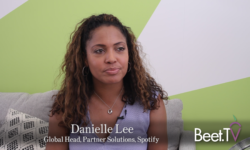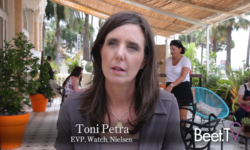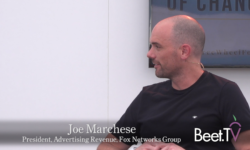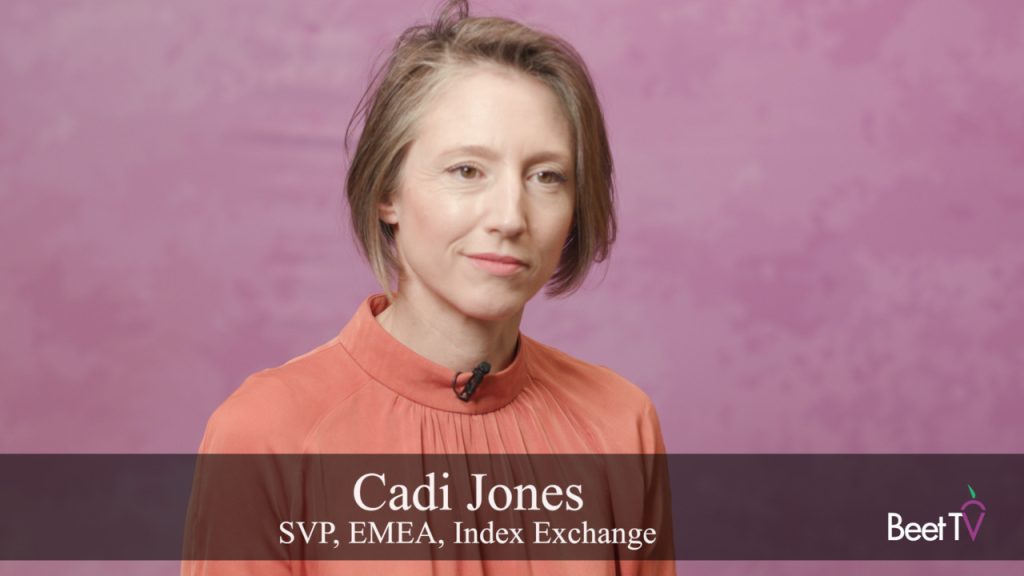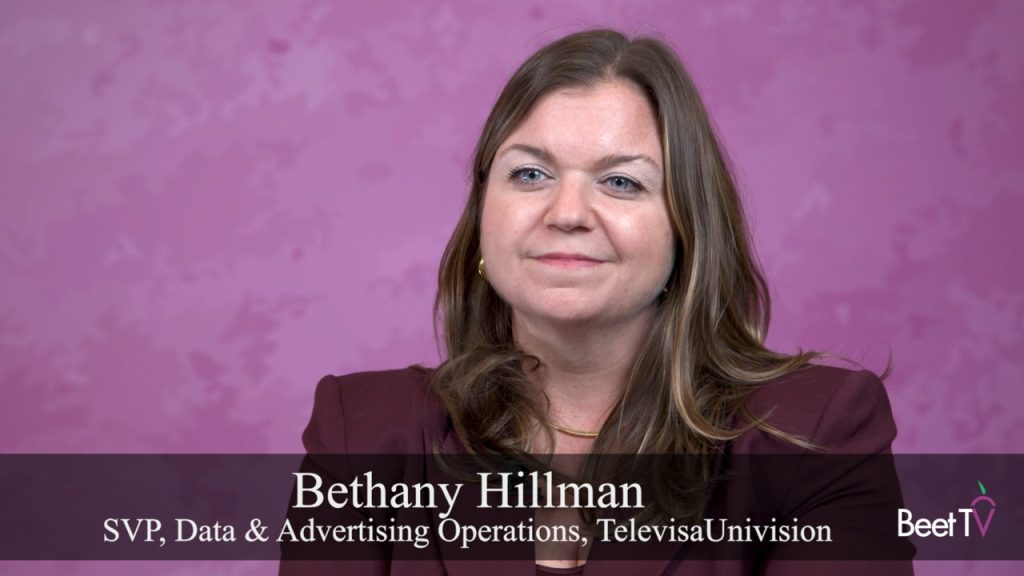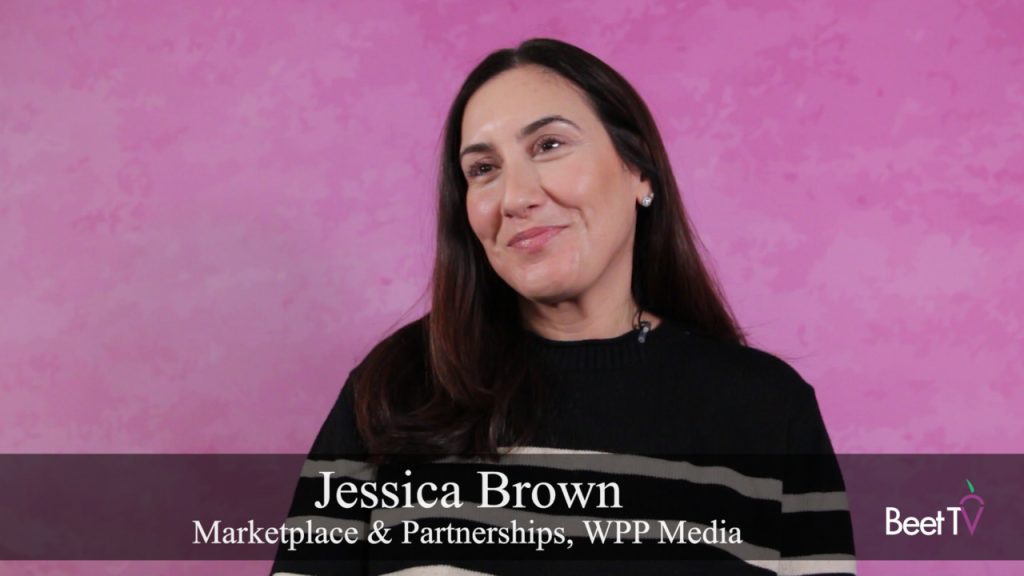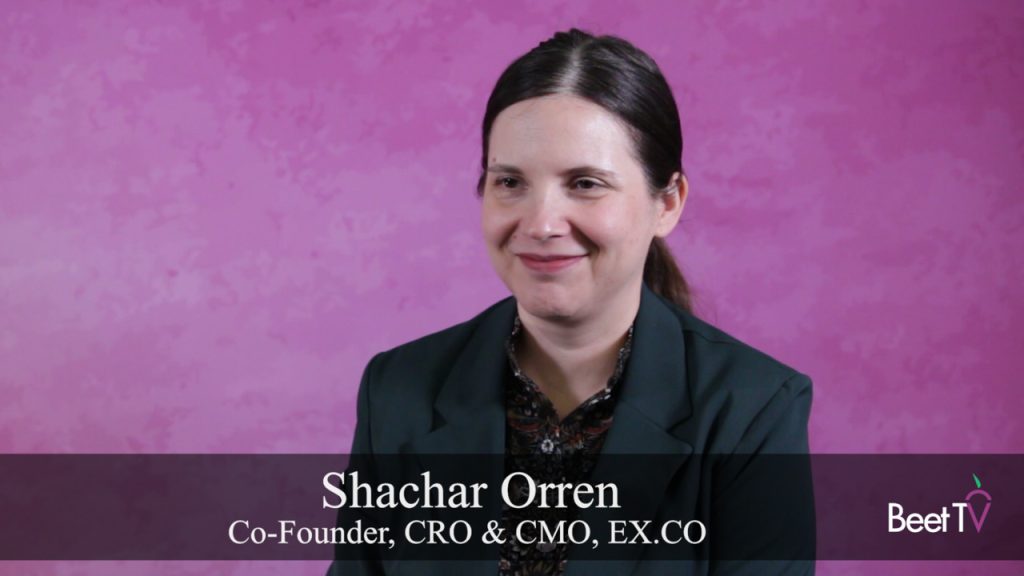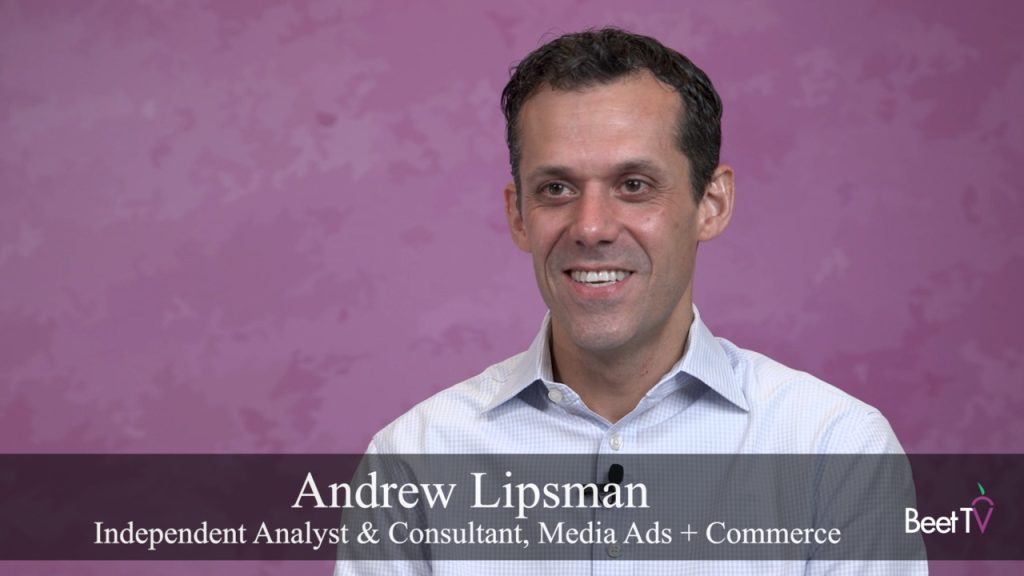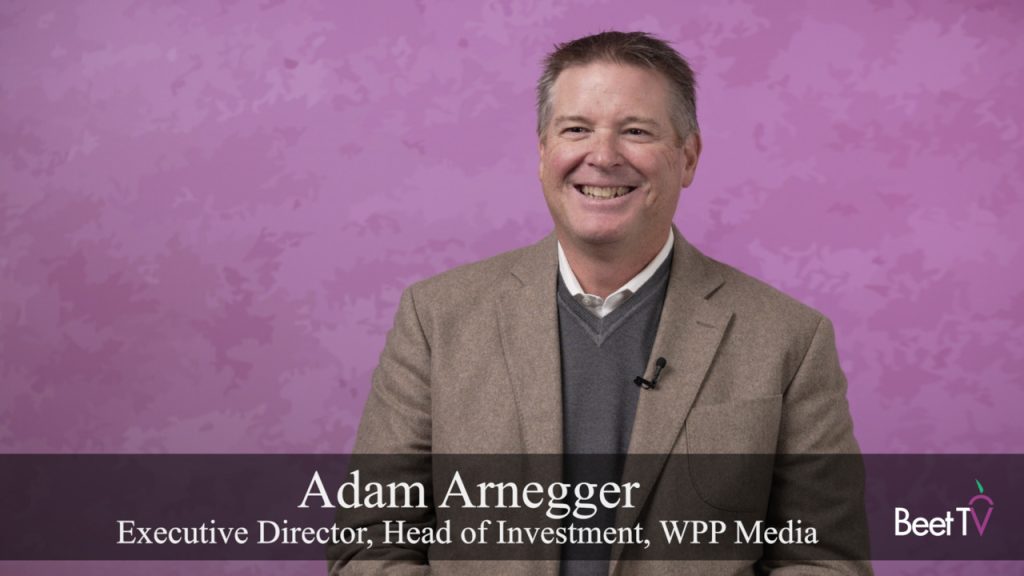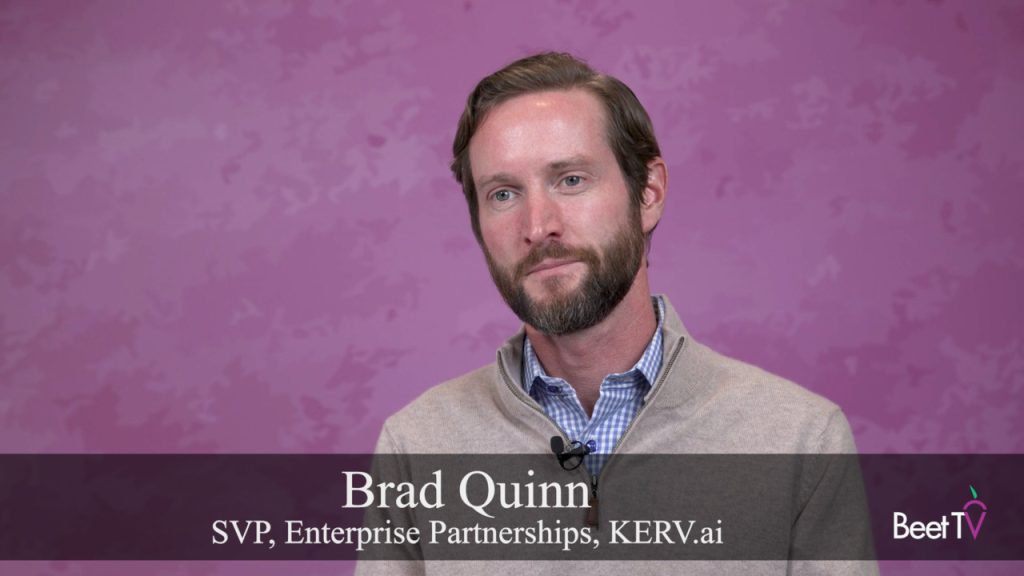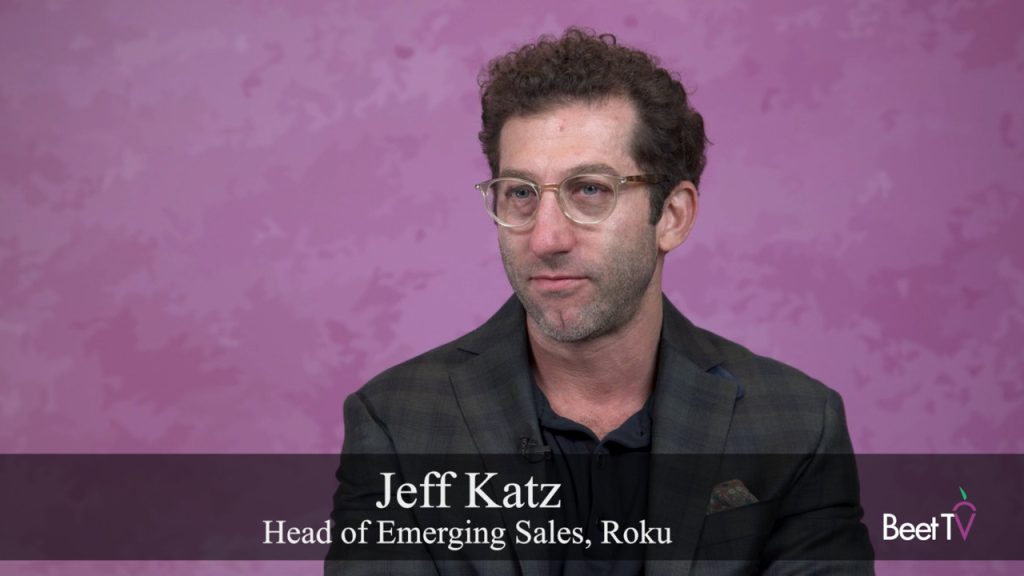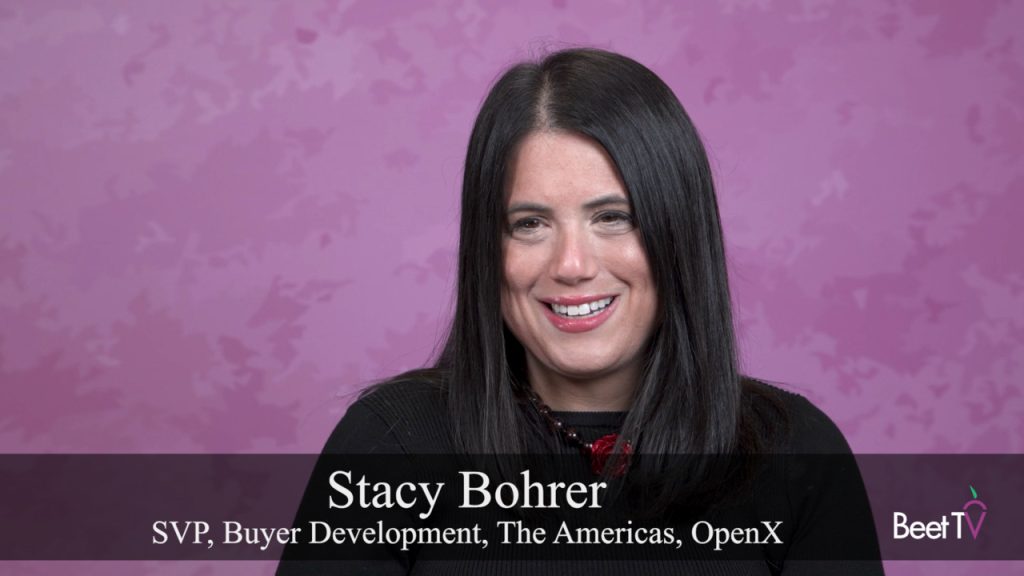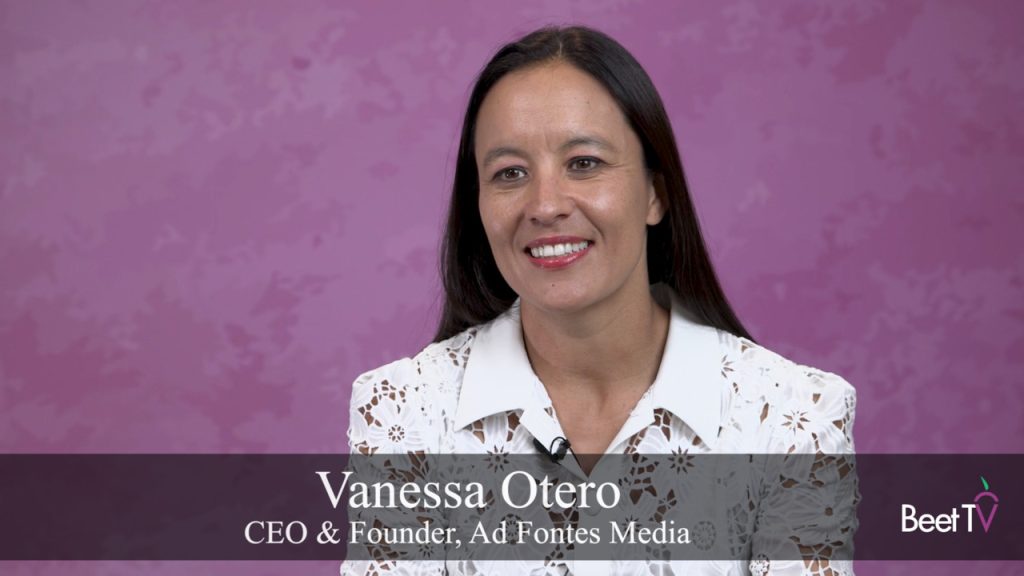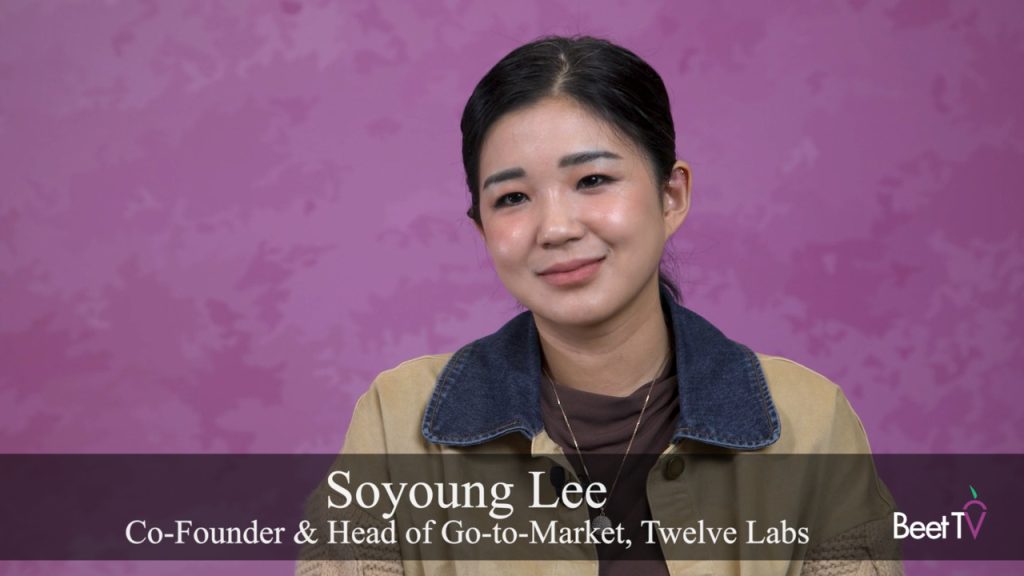One month after Europe’s new privacy legislation came in to effect, the world did not cease to exist – but a good proportion of ad inventory did.
Still, one ad-tech exec believes consumers have every right to expect a rebalancing of their relationship with publishers and advertisers, which the new GDPR law sought to usher in.
“We’ve seen a decrease in available inventory in the European Economic Area since 25th. But we are not having challenges executing,” says MediaMath’s media and growth channels GM Lewis Rothkopf, in this video interview with Beet.TV.
That may chime with a report from Digiday which estimates a cut in programmatic spending of 20% to 50% immediately following GDPR’s implementation on May 25, as some in the supply chain found it difficult to obtain audience members’ consent for data processing. But media buyers told the site brands’ programmatic spending had rebounded to around 30% or 20% less than beforehand.
Rothkpof said MediaMath, which offers a demand-side ad-buying platform and a data management platform, its supply partners and marketers had prepared for GDPR, which he expects to be replicated in other parts of the world.
But, despite the challenge, Rothkopf doesn’t have a problem with the movement that GDPR represents.
“Consumers deserve a better deal online,” he adds. “The value exchange that we are asking of consumers in exchange for their time and attentiveness needs to be far more in their favour.
“Things like ad blocking, things like regulatory schemes such as GDPR, things like browsers’ reader modes and Intelligent Tracking Protection, all of these things are strong indications that consumers have recognised that they are the product and they’re unhappy about that and they are lashing out as a result of that.”
GDPR came in to effect back in 2016, whilst the final deadline for compliance came on May 25
Now any global company which deals with EU citizens’ data must comply with a new and more stringent set of demands, risking a fine of up to 4% of global annual turnover, up to a maximum of €20 million.
New GDPR stipulations give consumers new protections including:
- tighter consent conditions for the collection of citizens’ data.
- consumers can instruct companies to stop processing their data.
- automated decision-making and profiling decisions must be made clear.
- consumers can request decisioning by automated processes be stopped and handled by a human instead.
- they have the right to request an explanation of automated decision-making.
- they can request free access, rectification and deletion of data.
This video is part of a series titled The Consumer First, a New Era in Digital Media presented by MediaMath. For more from the series, please visit this page.







